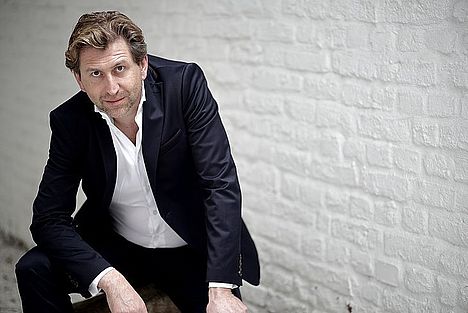
THREE QUESTIONS FOR ANDREAS SCHAGER
Love or longing? What drives the characters?
Difficult question. I think it's primarily the longing that drives Tristan. In contrast to Lohengrin or Samson, for example, Tristan never once says the famous words "I love you." Whereby it is difficult to separate love and longing. Anyone who is far from their beloved partner knows the feeling of longing. The distance between Tristan and Isolde is a social one. They are unreachable to each other even when they are physically close. The attempt to overturn the social order is ultimately fatal for both of them.
The addressing of the unconscious, which is of great importance in Tristan: to what extent does your unconscious, or subconscious play a role in the interpretation?
In general, I always try to put my own personality behind me, and come to the beginning of the rehearsals like an empty vessel. Gradually this vessel fills up, and the character of the role becomes more visible. It is always astonishing to me, how varied, but also richer the role becomes with every staging and musical interpretation. And in the often exuberant, emotional world of Tristan und Isolde, there are many poignant moments. For example, the deep disappointment of the father figure King Mark when he realizes that he has been betrayed by the two people he loves most. I think that every time something stirs the actor or the viewer, the subconscious responds.
Wagner stated in a letter, that he himself found it increasingly difficult to understand Tristan und Isolde. Is that marketing? Or can something like Tristan ever be fully understood?
This statement by Wagner makes sense to me, because one and the same material can often feel completely different over the years due to one's own life experiences. Heraclitus already noticed, »You cannot step into the same river twice.« That is, even if you do the exact same thing again at a later date, it will be different and you come to different conclusions. »Panta rhei« (everything flows).